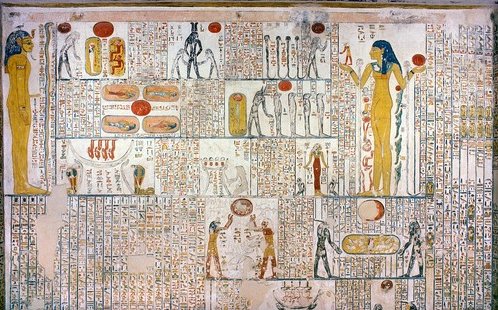DrZoidberg
Contributor
Are you saying that there literally was a comet and that was historical? What comet was it then? If the part about a star being on top of the house isn't historical then why not just assume that everything about the star was made up?If we aren't using a historicistic approach, we can just make up anything.Ok, fine. It still can't alone point to a specific location on Earth. That would require it being filtered through the interpretations of an astrologer = you can make up absolutely anythingIn Matthew it says the star stopped over their house. If that isn't compatible with a comet then it couldn't have been a comet.Says "Maybe it was simply a miracle". There are lots of miracles in the Bible especially if you take it literally... like lots of angels, etc.
The moment we start accepting that miracles can happen we can stop discussing the Bible. Any theory becomes equally plausible.
The Bible also says that the disciples performed miracles. Faith healings and such. Is that plausible?
In Star Wars whenever George Lucas couldn't make the script work he inserted "the force".
In Star Trek whenever the writers got stuck they inserted a "tricorder" that would provide whatever information was needed at that time to make the story progress.
Miracles have always been handy for script writers. People love a plot twist.
So we're better off assuming natural explanations for everything in the Bible. Which makes sense since miracles stopped happening when technology progressed to the point where we could record them.
I'm saying that shooting stars was a literary convention to signify an auspicious birth. So they inserted it into the myth of Jesus. In their minds they wouldn't be lying.
Abdel Malik, the fourth Muslim caliph, invented the idea that Muhammed was a prophet. In effect, he invented Islam. Him. Not Mohammed. He set his Zoroastrian advisors on the task of writing an Islamic holy text, the Quran. Why Zoroastrian? Because that's what he had available. They then placed words into Mohammed's mouth that he allegedly had said. He'd been dead 70 years and his court was 100% illiterate. So nobody could tell Abdel Malik that Mohammed hadn't said these things. Ergo, he did.
Did he think he was lying and just making shit up? No. Mohammed conquered a vast empire in a short time. So logically he must have been a prophet of God.
It's of course the same logic that puts a shooting star above the home of Jesus.


